One of the best parts about gardening is building community. There’s something special about sharing the experience of planting and nurturing seeds, and watching them grow — especially when it’s with kids. Their innate curiosity and ability to see things with a set of fresh eyes makes gardening a wonderful physical, mental, and educational activity.
We’ve put together this resource to provide you with everything you need to get started gardening with kids. This guide will cover five important elements of gardening with kids.
Menu:
- How to Create a Kid-Friendly Garden
- Gardening Safety Tips for Kids
- Benefits of Gardening
- Kid-Friendly Gardening Tools
- Kids Gardening Activities and Lesson Plans
Read on to discover some gardening resources for kids to get started this weekend!
How To Build A Kid-Friendly Garden
Whether you have a few acres of land, just enough space for two or three garden beds, or you’re making do with your side yard, gardening can be customized to fit the space. That said, if you intend on gardening with your kids, there are a few things to keep in mind when planning a kid-friendly garden.
1 – Build Accessible Garden Beds
Remember when you were a kid and you had to reach super far to get the cereal from the top shelf of the pantry? The last thing you want is for your kids to have the same experience out in the garden. Instead of installing tall raised beds or hanging planters that they’ll need a step stool to access, consider going with a shorter raised bed that’s either low to the ground or at their hip level.
Editor’s Tip: Our kids love gardening inside of our galvanized water troughs and they’re the perfect height.
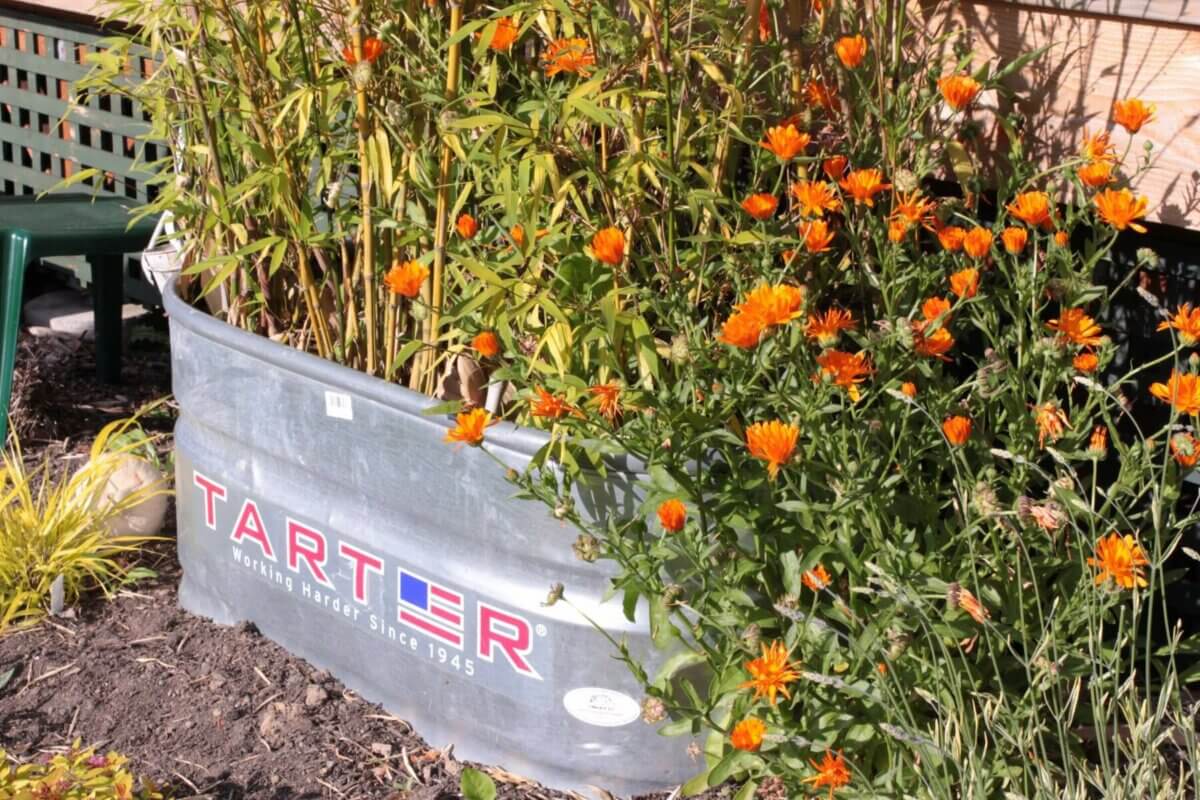
Alternatively, you could scrap the raised beds altogether, and sow seeds and starts directly into the ground. The only issue with this, however, is a raised bed allows you to start out with soil that’s already ideal for growing. If your soil is rocky and dry, super wet, or highly acidic, it may take quite a while to fix it (potentially disappointing your kids in the meantime).
2 – Plant Quick-Growing Seeds
Though you’re free to try whatever seeds catch your kid’s eyes, you may want to consider starting off with some easy-to-grow plants that have a quick germination rate, so your kids can start seeing the magic of gardening within a few weeks. Here are a few quick-growing easy plants to start.
3 – Utilize Plant Markers
If you’re planning on growing a variety of different seeds in one garden bed, consider using plant markers to distinguish the plants from one another. If you’re sowing seeds with young children, they probably won’t end up in perfect rows, and getting different crops mixed up may be inevitable.
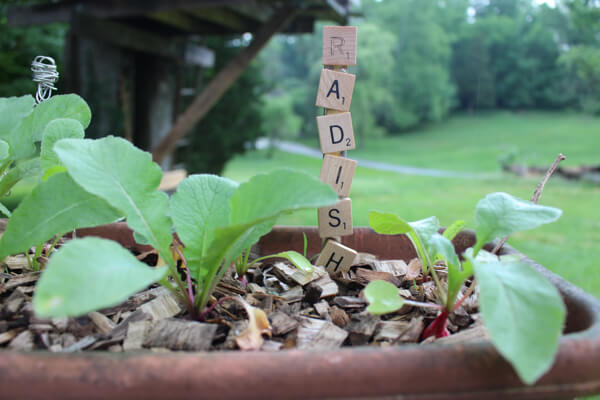
Additionally, plant markers will give you the opportunity to talk to your kids about how different vegetables grow in different ways. So not only are plant markers DIY easy and super functional, they allow for teachable moments, too.
4 – Be Mindful of Thorns and Pokey Plants
Even if you aren’t growing landscape plants with your kids, make sure to be mindful of any thorny or pokey plants that could pose a risk for the little ones. Either avoid adding those types of plants to your garden, or transplant your current ones to another area of the garden where the kids won’t be active.
Gardening Safety Tips For Kids
As with any activity for kids, there are some important safety precautions to take before you start gardening.
Avoid Using Chemical Fertilizers And Insecticides
At Insteading, we like to promote organic gardening, and that includes avoiding the use of chemical fertilizers and insecticides in the yard and garden. These chemicals are harmful to soil development and our planet as a whole, and they are definitely something you don’t want your kids exposed to.
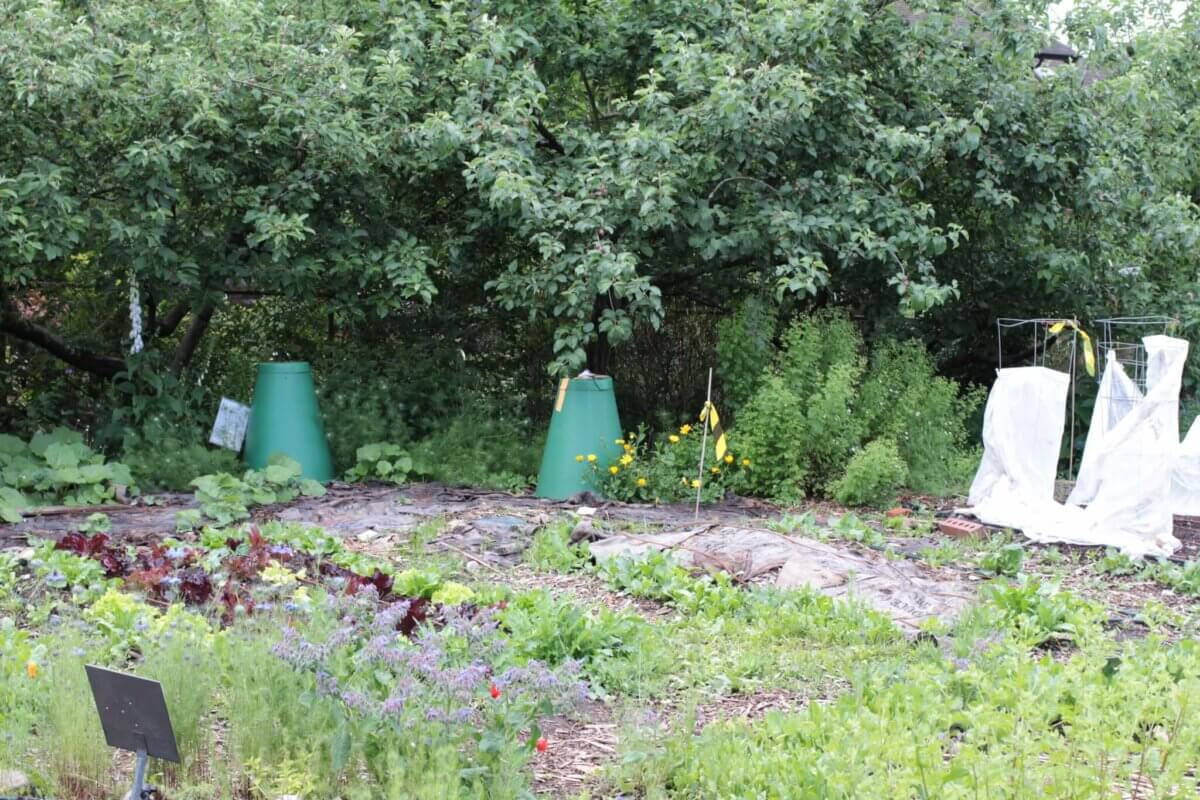
So instead of reaching for a spray bottle full of chemicals, fertilize your garden in a more sustainable way, and go with an organic fertilizer option.
Sun Protection
While this article is focused on gardening tips for kids, this is an important safety tip that can benefit all of us. Every time you head out to spend time in the garden, make sure you’re properly protected. The sun is not only harmful to your skin, if you aren’t properly prepared, but heat exhaustion can also happen.
Make sure you and your little ones are ready to spend a few hours in the sun by wearing sunscreen, a wide-brimmed hat, and some UV-resistant outdoor wear. Additionally, to avoid heat exhaustion, make sure to stay hydrated, eat healthy snacks, and take breaks as you need.
Wear Closed Toe Shoes
While kid’s sandals are easy to slip on and go, you’ll want to go with closed toes for gardening. A pair of good sneakers will prevent bee stings on tiny toes and make using metal tools (like shovels) a lot safer. A shoe with a heavy-duty sole will also keep their feet safe on rough gravel and other uneven surfaces.
Benefits Of Gardening For Kids
Aside from growing your own food and beautifying your yard, gardening has many educational, physical, and mental health benefits to offer you and your little ones.
Educational Benefits Of Gardening
Whether you’re an educator planning on starting a class garden with your students or a parent or caregiver starting a garden in your own backyard, one of the greatest benefits of gardening with kids is the educational lessons they can learn.
Sensory Experience
Gardening is the perfect opportunity to do some hands-on sensory learning with your kids. They see, smell, and touch vegetables and fruits as they’re growing, and after your harvest, they can taste the vegetable and hear what noises it makes as they’re eating it.
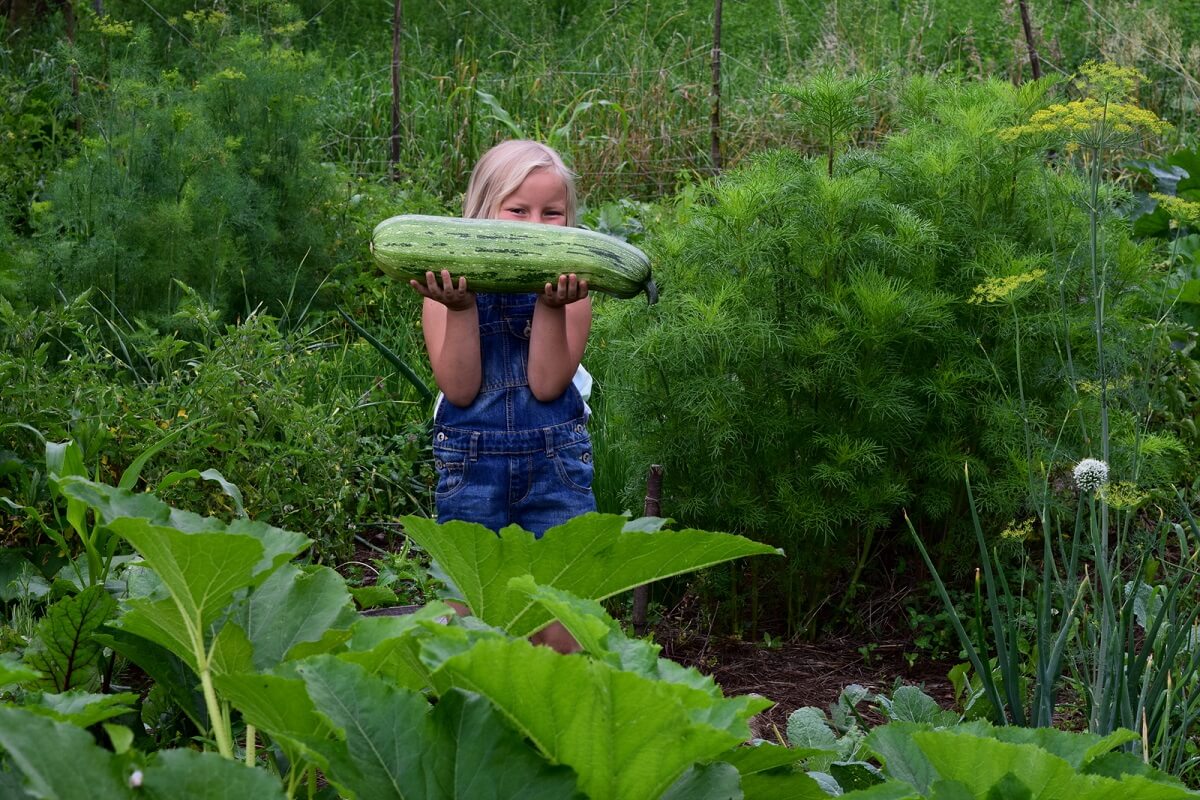
They’ll be able to learn about every plant in the garden from a variety of different perspectives, and it will be the best hands-on experience they can get with the food system. Here’s a great resource for how to start a sensory learning garden.
Hands-on Experience With the Food System
For many kids growing up, the closest experience they get with their food system is picking out fruits and vegetables at the grocery store, or the pumpkin patch on an autumn day trip. Many kids who don’t grow up on a farm or in the country don’t have the opportunity to experience what the food system really looks like.
By planting a backyard garden, you’re providing your kids with the opportunity to experience their food from the ground up. By showing them the entire process, they will get a better grasp on how long it takes for just one vegetable to get to the grocery store, and why it’s important to not waste food.
Life Skills From Gardening
Along with providing your kids with a hands-on educational experience, gardening can give you the opportunity to teach your kids important life skills.
Gardening Teaches Responsibility
Growing a garden isn’t as simple as throwing seeds in the ground and waiting for something to happen. When you’re growing multiple plants at a time, you become responsible to make sure they’re well watered, weeded, and protected against bugs, deer, and maybe even the neighbor’s dog.
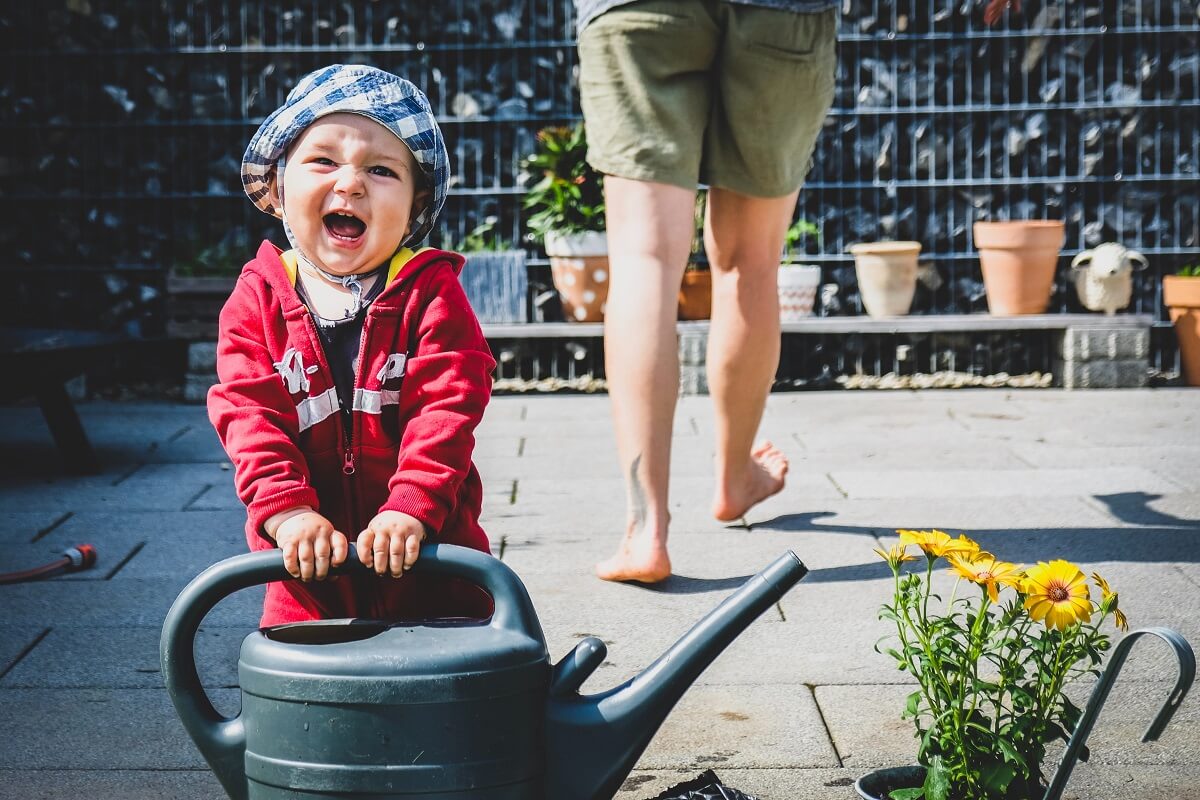
Putting your kids in charge of their own section in the garden is a great way to teach them responsibility, and what happens when they neglect it.
Gardening Teaches the Importance of Being Organized
If you’re already an avid gardener, you know how important it is to keep a schedule of when you need to plant seeds, water, and harvest. Being organized in the garden is key, especially when growing a variety of different plants that all have different needs.
Related Post: Garden Planners
Take this opportunity to teach your kids about the importance of staying organized both in the garden and real life. If one of your plants is sick or has died, take your kids aside and talk to them about what went wrong. Was there something that could have been organized better, or was it due to another circumstance?
Physical Benefits Of Gardening
Gardening is a great activity for going outside, getting a little dirty, and breaking a sweat. Gardening gets your kids moving, and exercising muscles that they may not usually use. Gardening renews dexterity and strength and works well as an aerobic exercise, especially when it comes to weeding, raking, and digging.
Mental Health Benefits Of Gardening
Along with educational and physical benefits, gardening also provides your kids with some important mental health benefits. Gardening can be highly therapeutic and can calm us if we’re stressed or anxious.
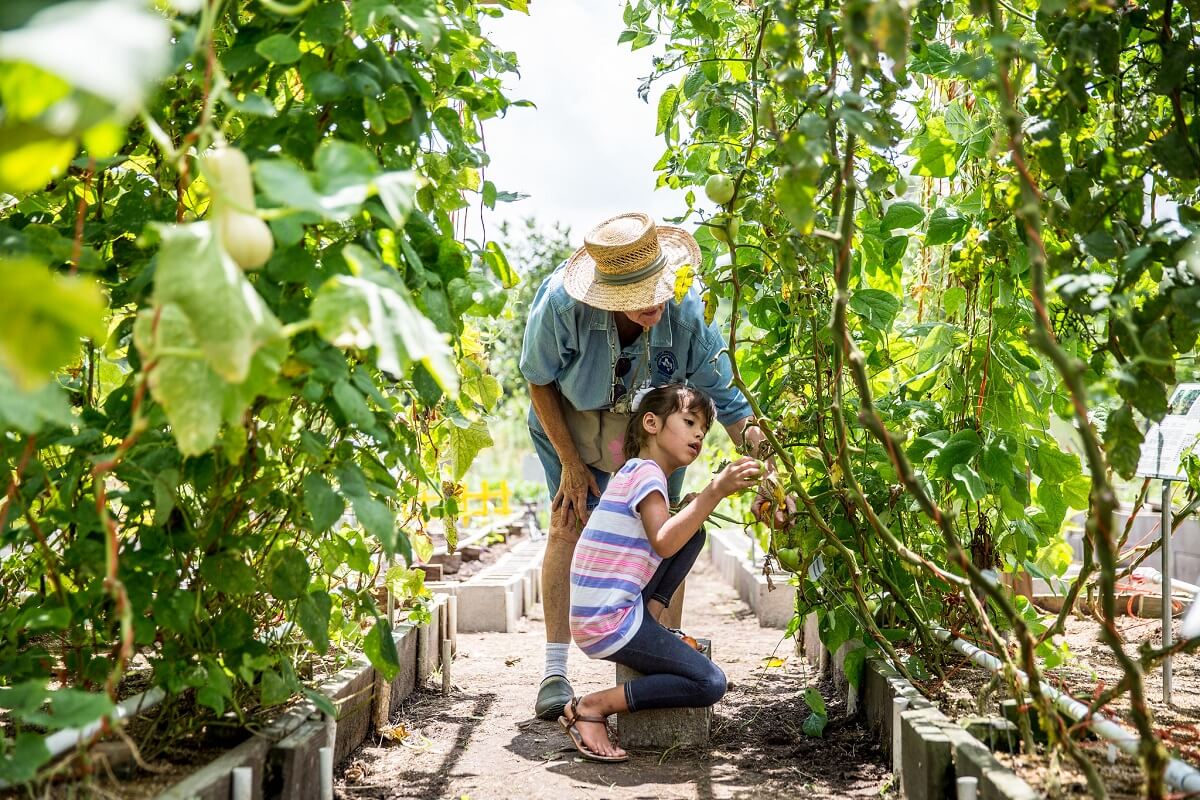
Gardening also makes us feel more connected to our surroundings. Activities like weeding, digging, or raking can help us release frustration or mental tension that we might be experiencing.
Kid-Friendly Gardening Tools
There are lots of different kid-friendly gardening tools available online, but many of them are plastic and aren’t actually functional. Depending on how old your kids are, you can find kid-size tools that get the job done.
Plus, older kids will definitely appreciate the fact they can use a shovel that actually works compared to the plastic stuff they’ve used in the past.
Kids Gardening Hand Tools
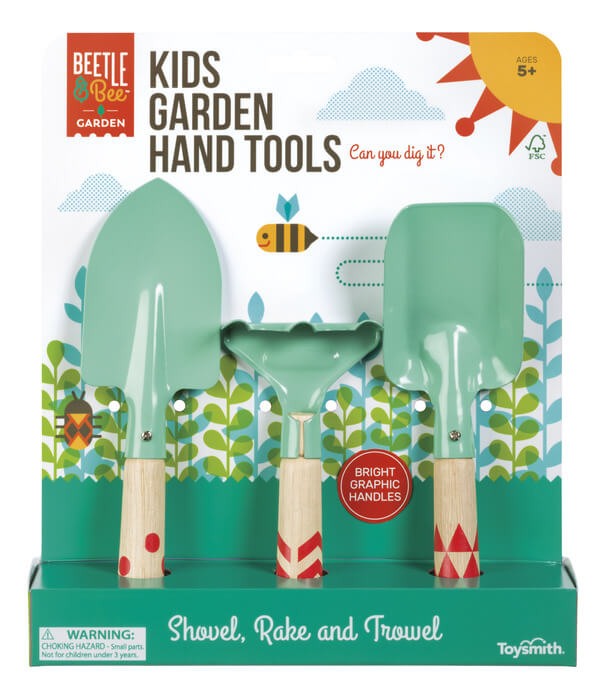
Featuring an easy to grip wood handle and metal top, these hand tools are the perfect size for smaller hands while still being effective. This is a good set of basic tools that will allow your kids to do a variety of gardening chores.
Kids Gardening Tall Tools
For chores like raking, weeding, and general yard clean-up, consider this tall tool set for kids.
Gardening Gloves
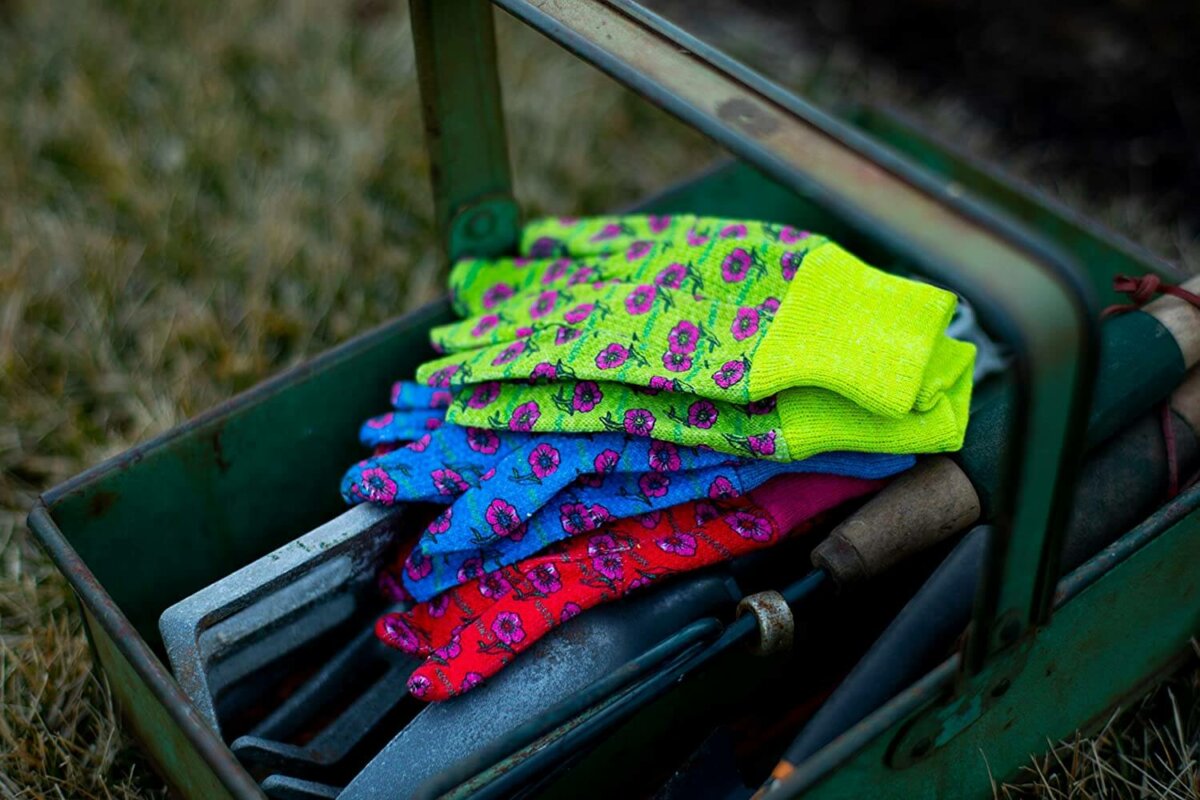
Make sure to protect those hands from blisters or cuts with a pair of kids gardening gloves. This 3-pack of gloves is made of cotton and features a knit wrist to keep dirt out.
Gorilla Dump Cart
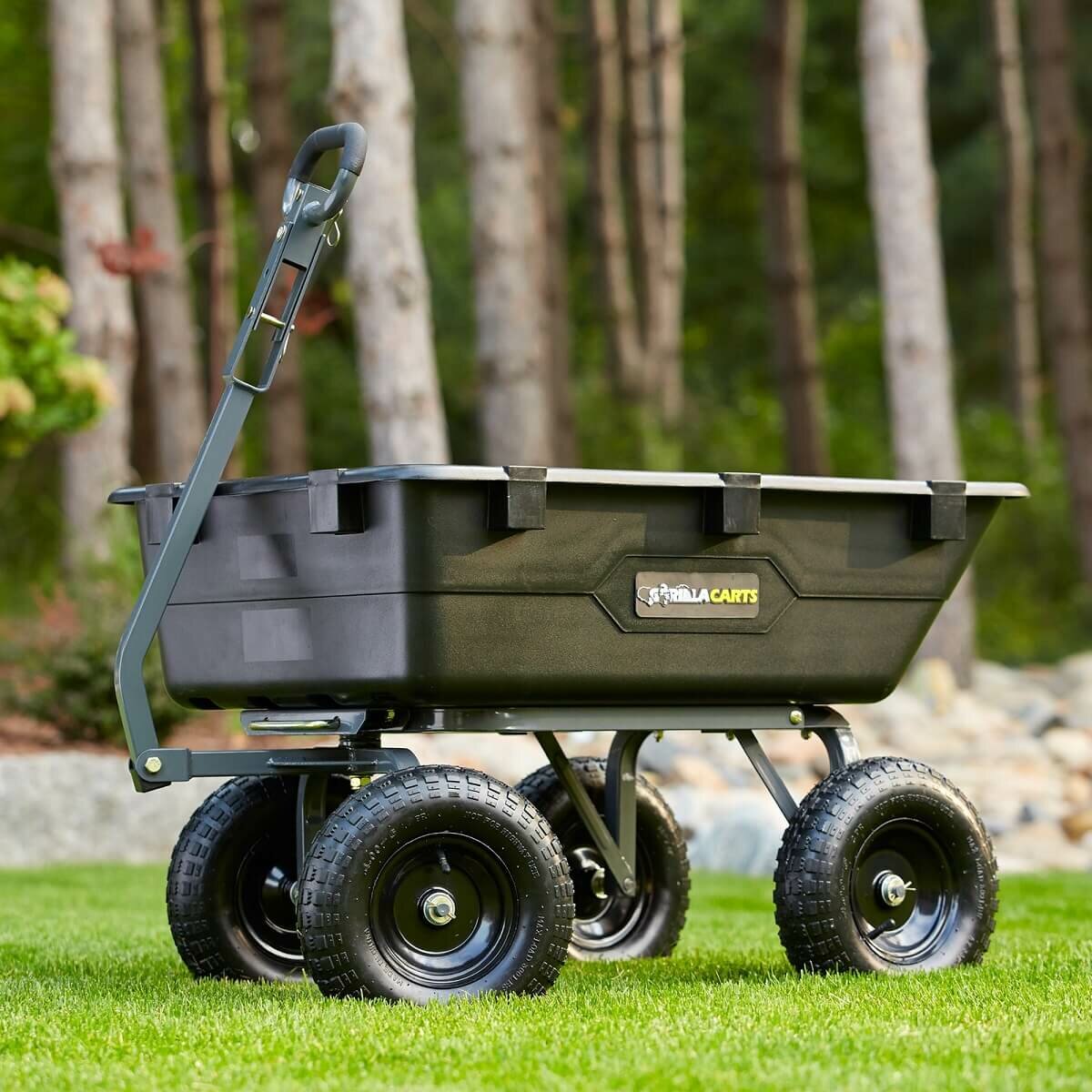
A gorilla dump cart is one of our favorite garden staples because it’s so versatile. Use it to collect yard waste. Haul your heavy bags of soil in it. Use it as a supply cart for your seeds, tools, and water.
Kids Gardening Activities And Lesson Plans
Whether you’re growing a backyard garden with your kids or grandkids, or a teacher looking to set up a class garden, here are a few of our favorite gardening lessons plans to round out your activity.
10 Best Resources For School Garden Lesson Plans
Here is a round-up of some of our favorite school garden lesson plans. They’re broken down by age, allowing you the find an appropriate lesson for every kid in your family.
Grow An Herb Garden
If you have a small yard, or live in an apartment without access to an outdoor space, growing a patio or balcony herb garden might be your best option. You’ll still be able to teach your kids the same lessons, just on a smaller scale.
Math Game For Preschoolers
This lesson plan idea is fairly simple, but it’s a great counting game for preschoolers that also gets them outside and in the garden.
Soil Is Alive! Lesson Plan
Here’s a lesson plan that will teach kids about soil and all the microbes, insects, and small animals that inhabit it. This lesson can be adapted for middle grade and high school students.
Seed Germination Lesson Plan
Teach your kids about seed germination with this lesson plan for second to fifth grades. This project could be done in the garden, in a greenhouse, or even on the windowsill.


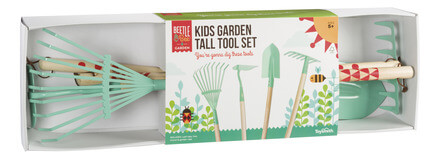

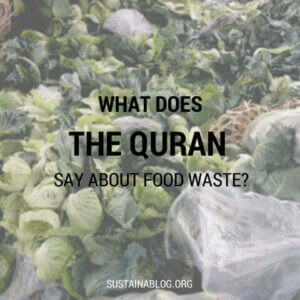

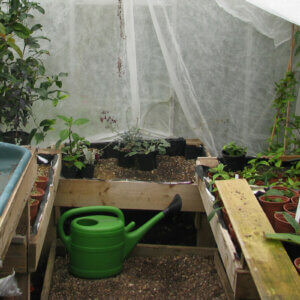
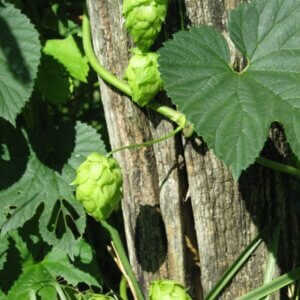

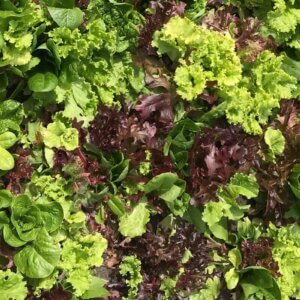

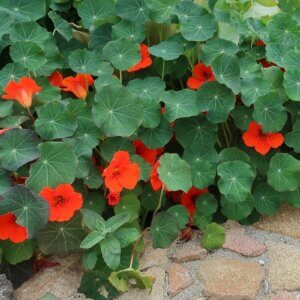




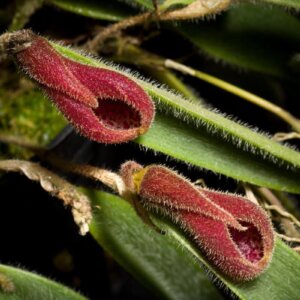

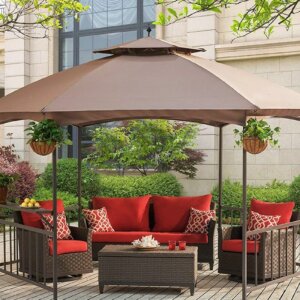




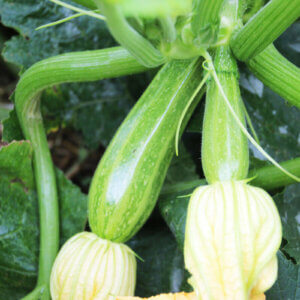








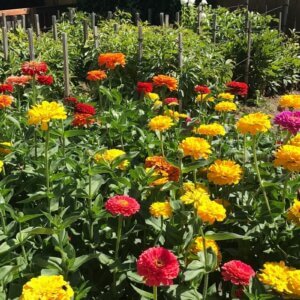





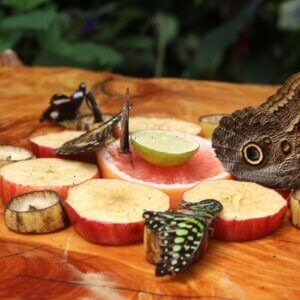
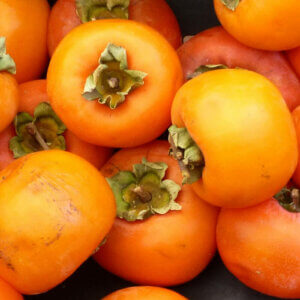


Leave a Reply